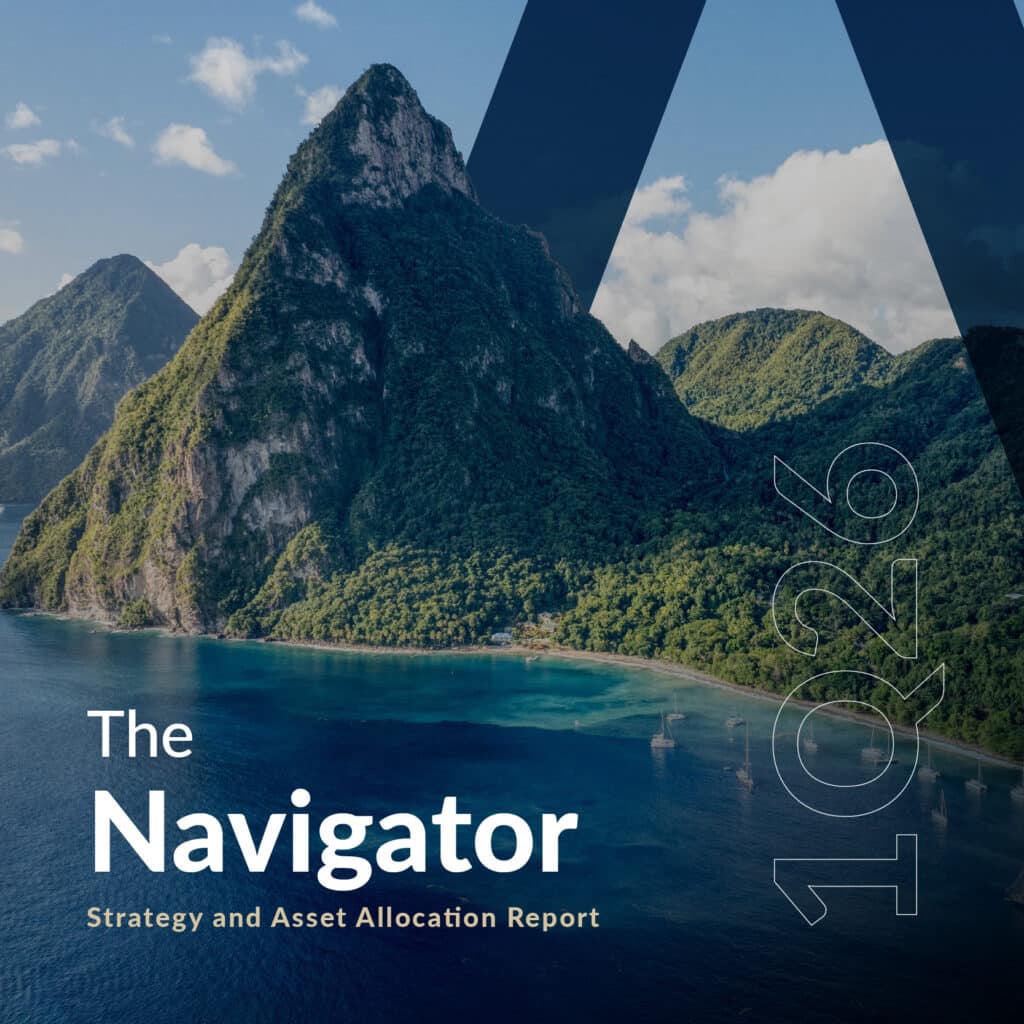Facebook produced superb 4Q18 results coming in ahead of consensus forecasts on both the earnings and revenue lines. EPS came in at $2.38 (+65% YoY) vs a Refinitiv consensus estimate of $2.19, while revenue was $16.91bn (up an impressive 30% YoY) and vs the Refinitiv consensus forecast of $16.39bn. Net income totaled $6.88bn – a record profit for the firm and a 61% YoY jump.
There were 1.52bn daily active users (DAUs) – in-line with the 1.52bn Refinitiv consensus forecast and growing in every geographic area. Monthly active users (MAUs) of 2.32bn were also in-line with the 2.32bn consensus estimate. The average revenue per user (ARPU) of $7.37 (+19% YoY), was ahead of a FactSet forecast of $7.11.
We believe that Facebook still has significant room left to grow and is likely “over the hump” in terms of dealing with its data and privacy challenges. The firm has made significant progress in addressing social issues and, according to CEO Mark Zuckerberg, “In many of these areas, we believe we’ve built the most advanced systems in the world, and in many cases, more advanced than any other company or government.” Facebook now has over 30,000 people working on safety and security (vs 10,000 a few years ago), and 99% of inappropriate content is automatically removed by artificial intelligence (AI) before anyone can see it. These capabilities, as well as new regulatory frameworks such as General Data Protection Regulation (GDPR), represent an enormous moat for the company, in our view. Facebook’s competitive position is also stronger, not weaker coming out of the Cambridge Analytica crisis. The company has spent the last 18 months focusing its investments on user safety and security. Zuckerberg acknowledges that Facebook has neglected investing in new user experiences and is talking about fixing this going forward, he described new initiatives as being “major improvements to people’s lives” as opposed to “day-to-day iterative improvements”.
Along these lines, Zuckerberg keeps mentioning the importance of building Communities, as opposed to just connecting family and friends. Communities can mean anything – your sports team, book or wine lovers club etc. – and we believe these provide a significant opportunity to enhance the platform’s utility.
Its Stories format is growing rapidly, however, one concern has been that advertisers wouldn’t know how to use this highly visual product that disappears after 24 hours. Facebook simply automates the process for advertisers – taking Newsfeed ads and converting them into the Stories format. There are currently 90mn businesses with a Facebook presence and, of those, 7mn are advertising. Currently 2mn advertisers are using Stories. COO Sheryl Sandberg (COO) implied that advertisers’ return on investment on Stories is attractive, partly because they’re not yet bidding up the cost of ad inventory due to a lack of familiarity. The implicit message to advertisers is “get in early while prices are low.”
Instagram is in the early stages of becoming a serious player in the ecommerce market – largely as a facilitator and partner to direct-to-consumer brands. Instagram is the new shelf space. While Amazon is the dominant player in ecommerce, there are numerous reasons why consumer brand companies don’t want to work solely with the Seattle juggernaut.
Payments and increased functionality are coming to WhatsApp, but it will be a slow burn. Messaging is becoming the new de-facto social network and Facebook will be at the forefront. Zuckerberg also spoke about the proposed back-end integration of messaging across WhatsApp, Messenger and Instagram. One of the benefits is encryption, which makes the service safer than SMS (which isn’t encrypted). Just as important, it will reduce user friction when transacting across platforms. For example, if you see a classified ad on Facebook Marketplace, but you want to communicate with the seller on WhatsApp (vs being restricted to Messenger today).
Finally, Zuckerberg spoke about getting on the front foot from an advocacy perspective. This was illustrated in his Wall Street Journal post from 24 January: “The Facts about Facebook”. He also spoke about the need for an independent body charged with oversight and content moderation. We think that this is a good idea – it’s too big an ask for one company to decide where to draw the line. Facebook is going to take another step by publishing transparency reports detailing its activity in terms of content moderation.
Looking ahead, the company is expecting revenue deceleration in 1Q19 (revenue is expected to grow by c. 25% in 2019), while costs are expected to jump by 40%-50% YoY. From 2020 onwards, revenue growth and cost growth will normalise (implying they will normalise with a margin of 35%-40% YoY). Facebook is investing massively for the future and hence 2019 will be slower year but should re-accelerate after that. This is one of five businesses globally that are inventing the future – $15bn spent on investment and R&D (of $30bn cash flow).
Facebook’s share price soared after crushing earnings estimates, rising by 10.8% on Thursday (31 January). The share price is now up c. 31% YTD (to Tuesday’s [5 February] close).




